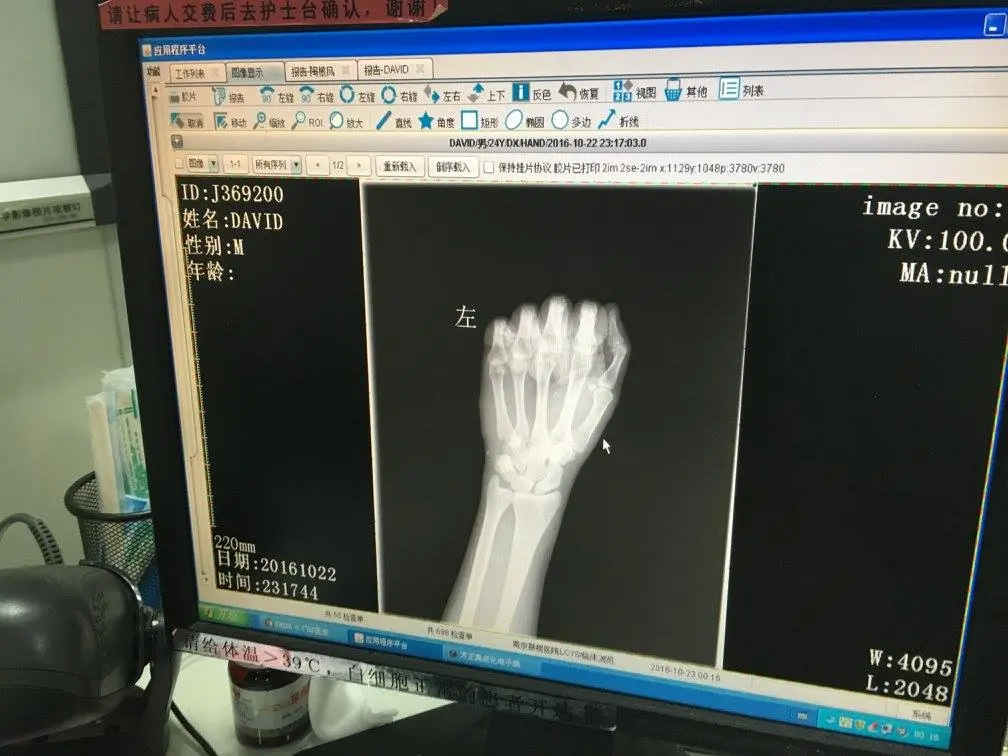We wanted to see a shadow puppet show when were in Xi’an, and it turns out that you can if you go to one of the best preserved homes in the city. The home of the Ming Dynasty’s Gao Yuesong is now a small museum that gives a glimpse of how the nobility lived during that era.
Situated in the Muslim Quarter of Xi’an is Gao’s Grand Courtyard. Here you can get an idea of what the place used to look like and how Ming Dynasty officials used to live.
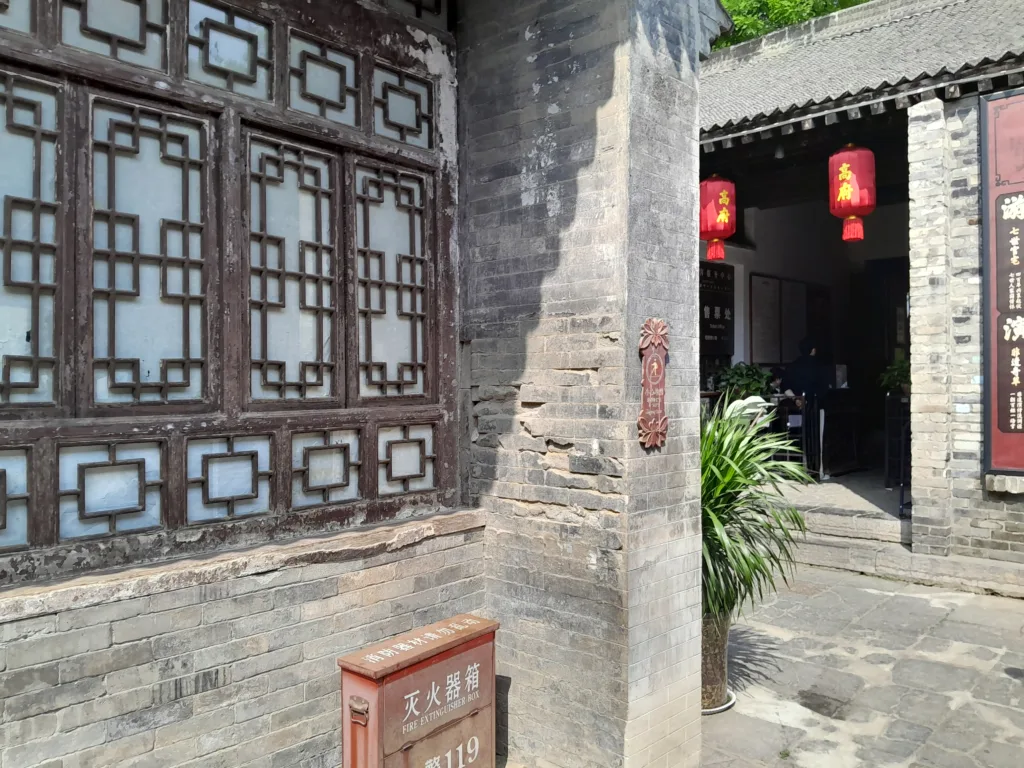
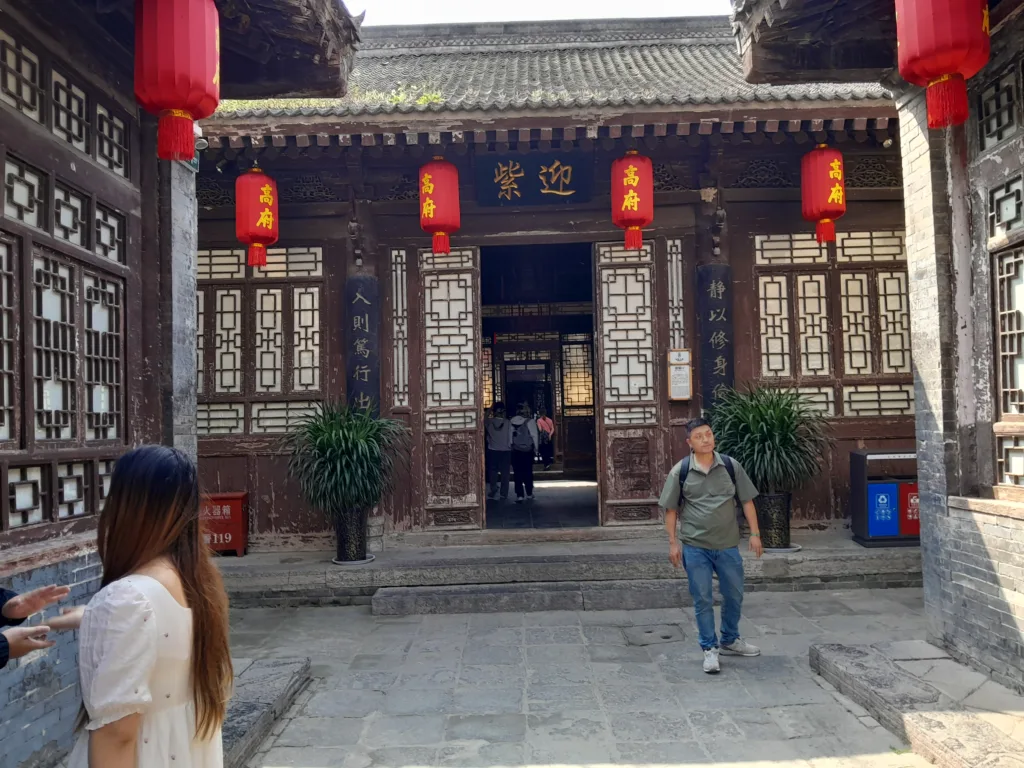
There are two main courtyards: the north and the south, each surrounded by several rooms. Many of them have been repurposed to show exhibits from the time, but they still bear descriptions of what they were originally used for. My favourite was the penance room that has been repurposed as a toilet.
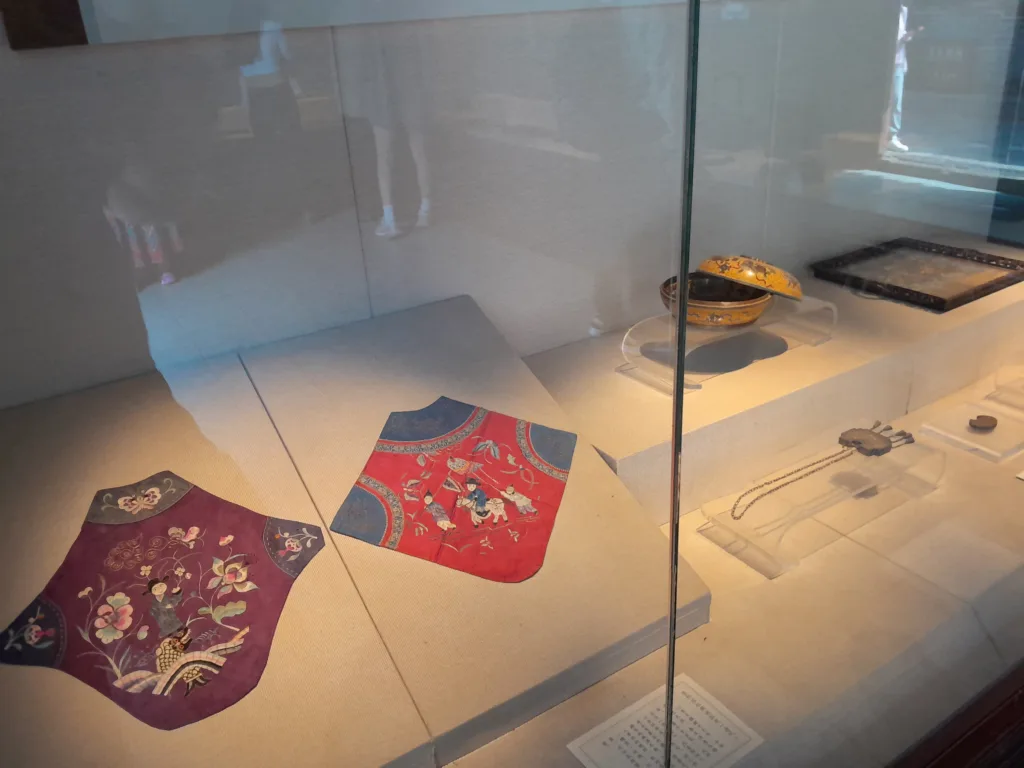
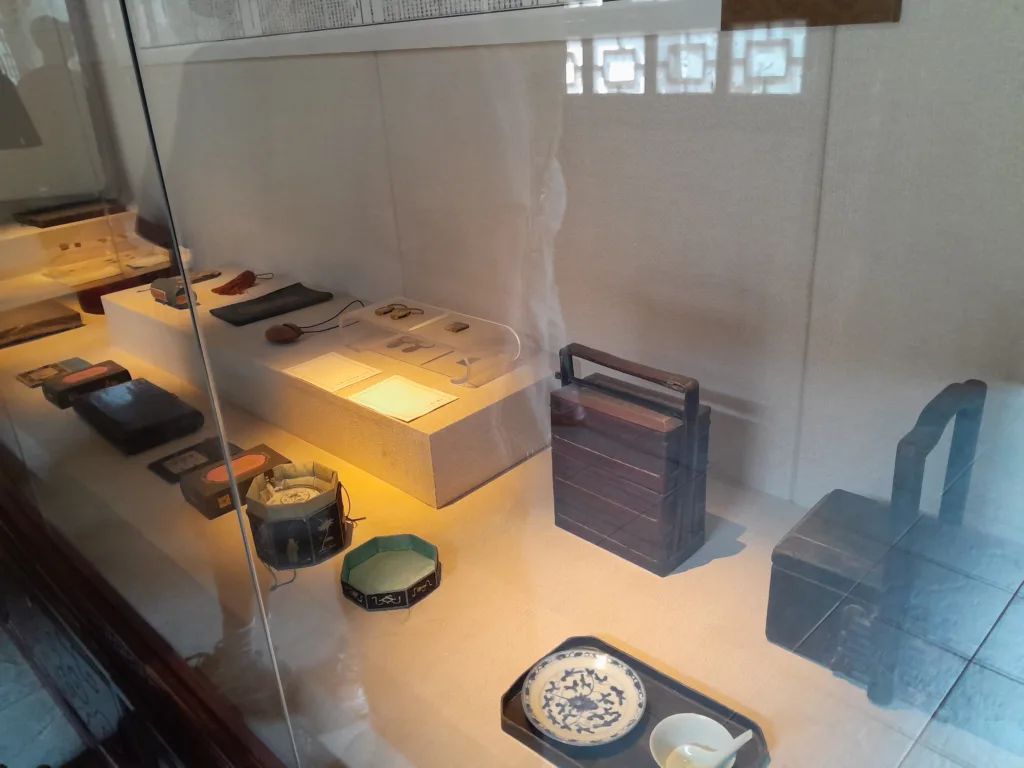
One of the buildings was used to house the women in the family. They would live in the upper floor, only coming down to serve the men. They would remain covered until they were married and their now-husband would be allowed to see them.
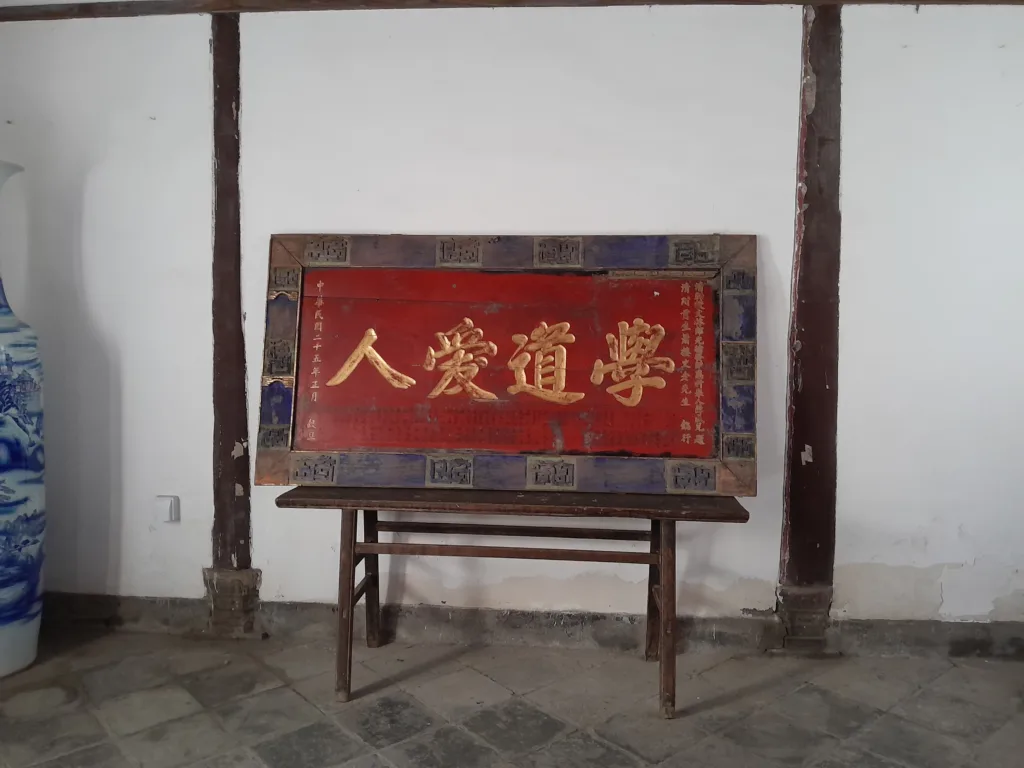
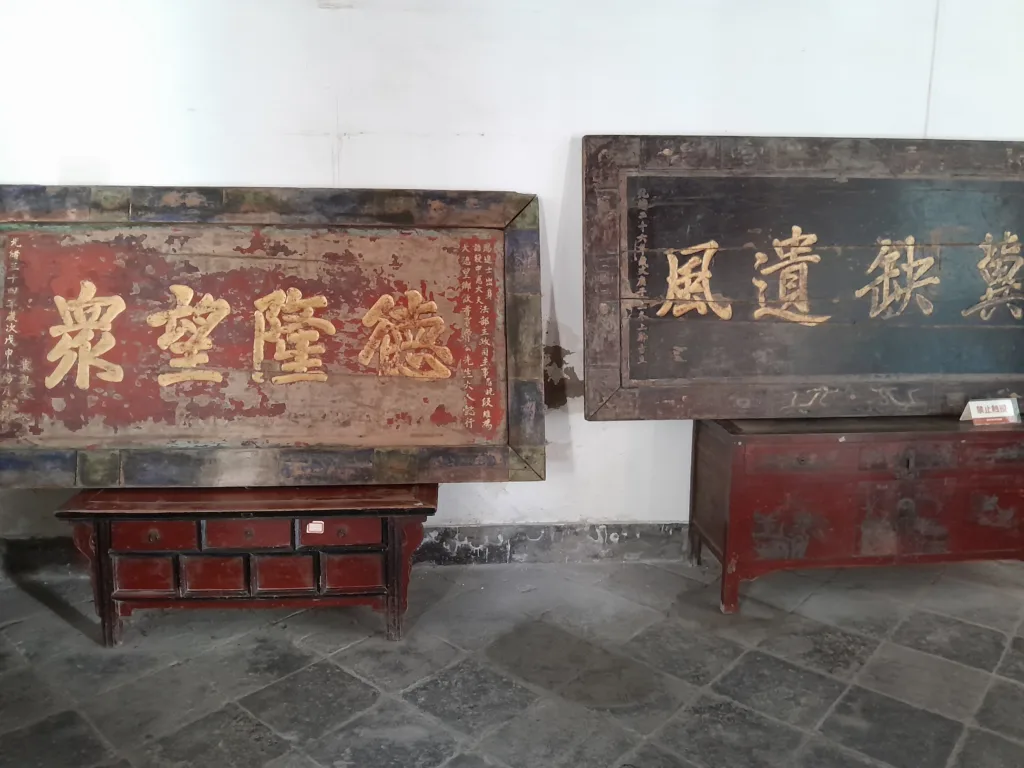
Other rooms include a dining room, a meeting room, and a shrine to the ancestors. There is a garden here, where they still keep a few ducks.
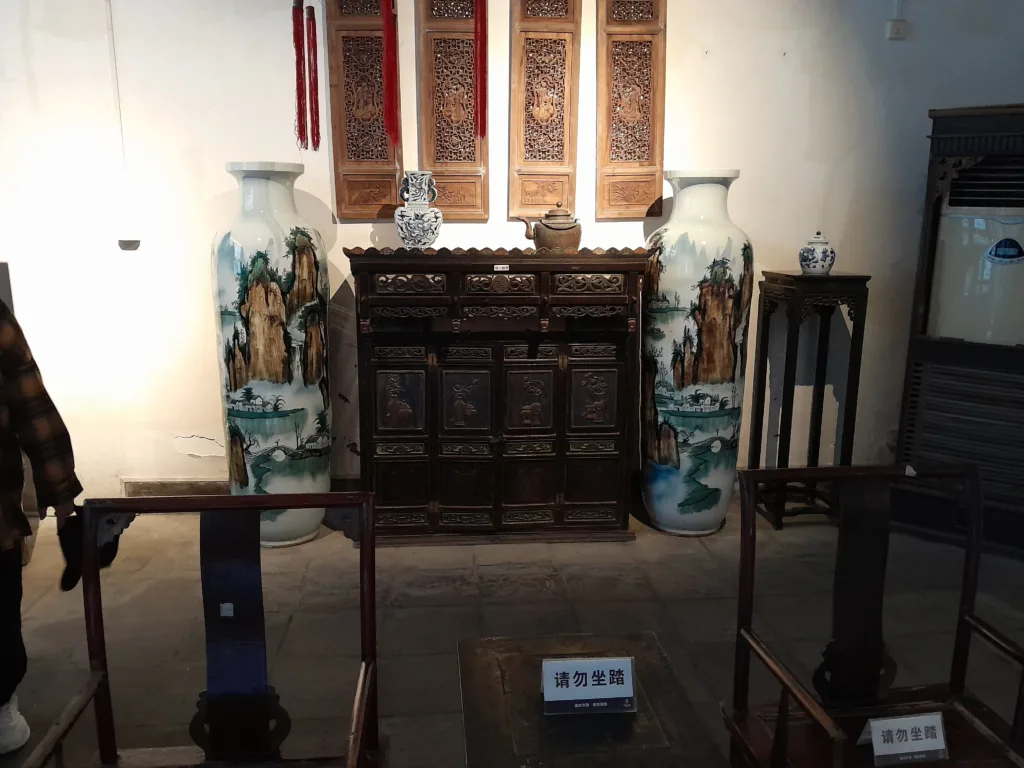
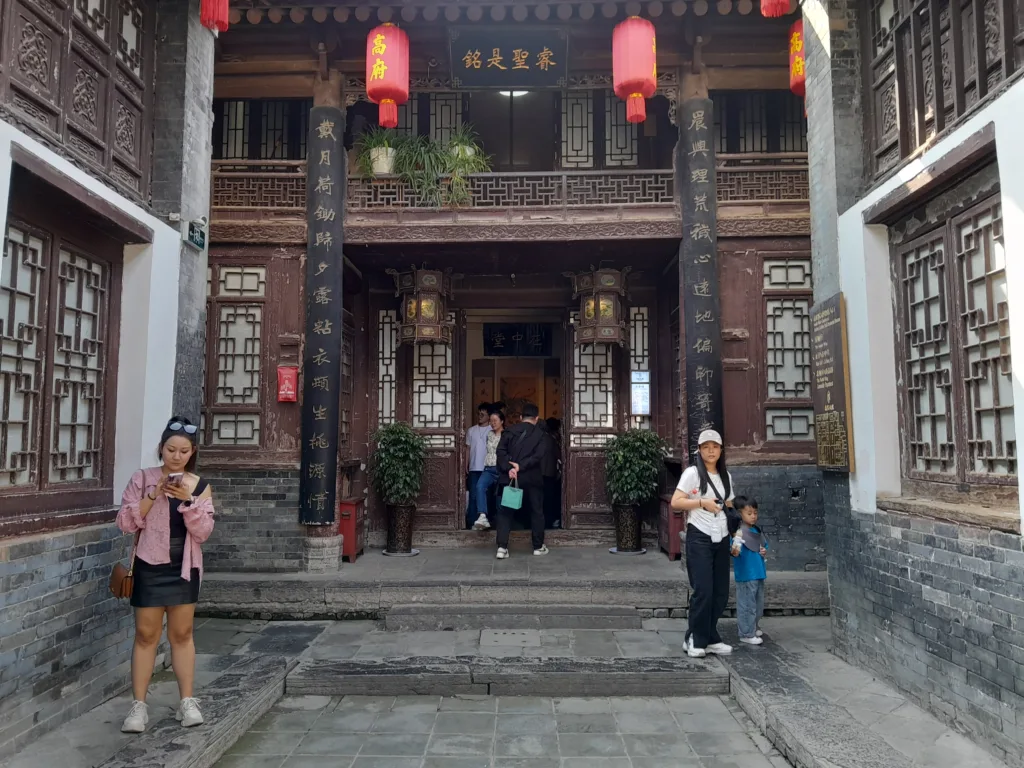
Of course the original point of us being there was to watch a shadow puppet show. We waited around until the next show was about to start and managed to land front row seats. In Chinese 影 (ying) means “shadow”, and the word for a movie is 电影 (dianying) literally meaning “electric shadow”. So movies in China are actually named after these shows.
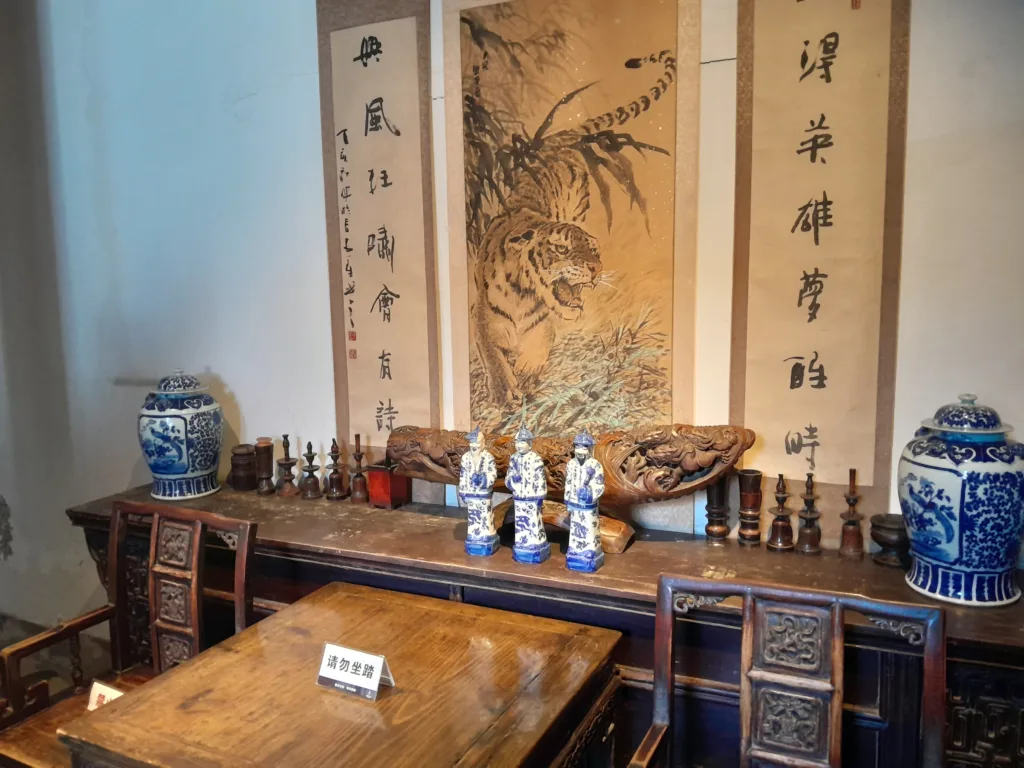
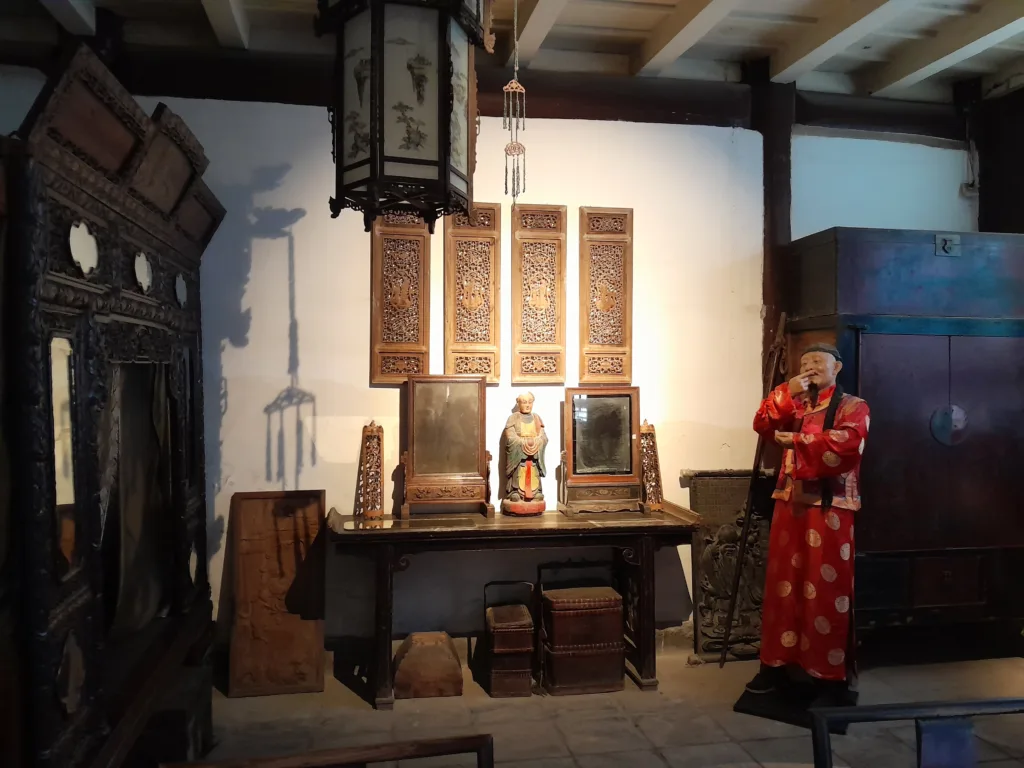
The show starts and the first shadow puppet appears. I was immediately impressed by how well they could manipulate the puppets to make them feel animated and alive. One trick I liked was that at one point the character sits down to smoke, so they actually blow smoke at the screen to create a special effect.
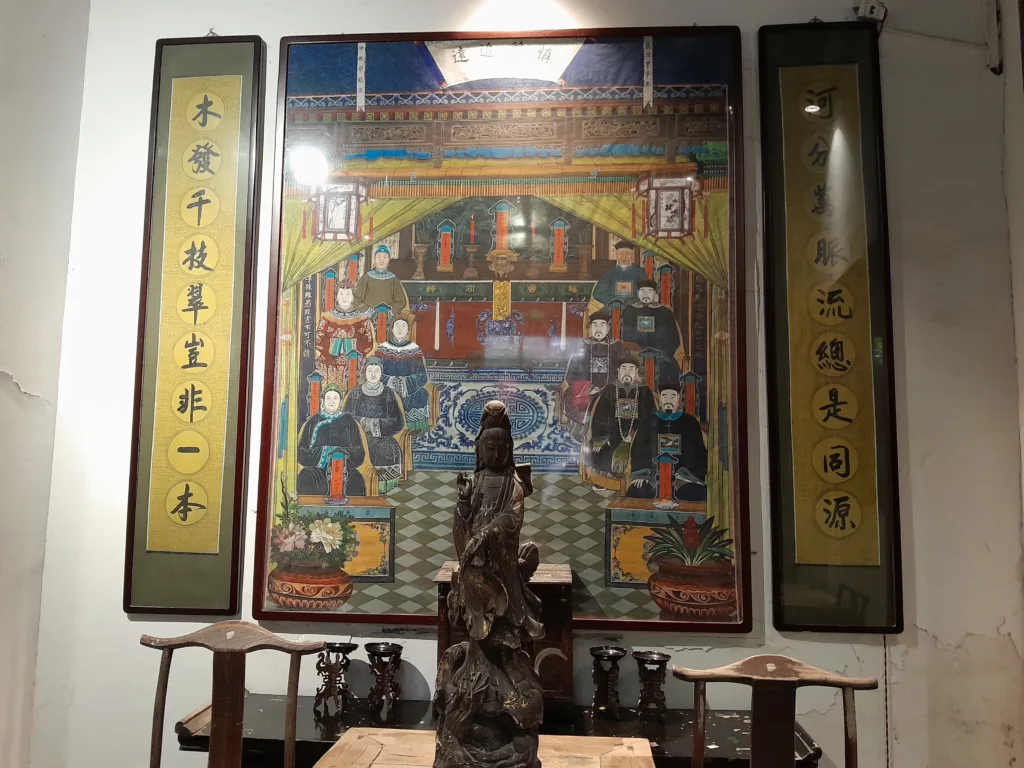
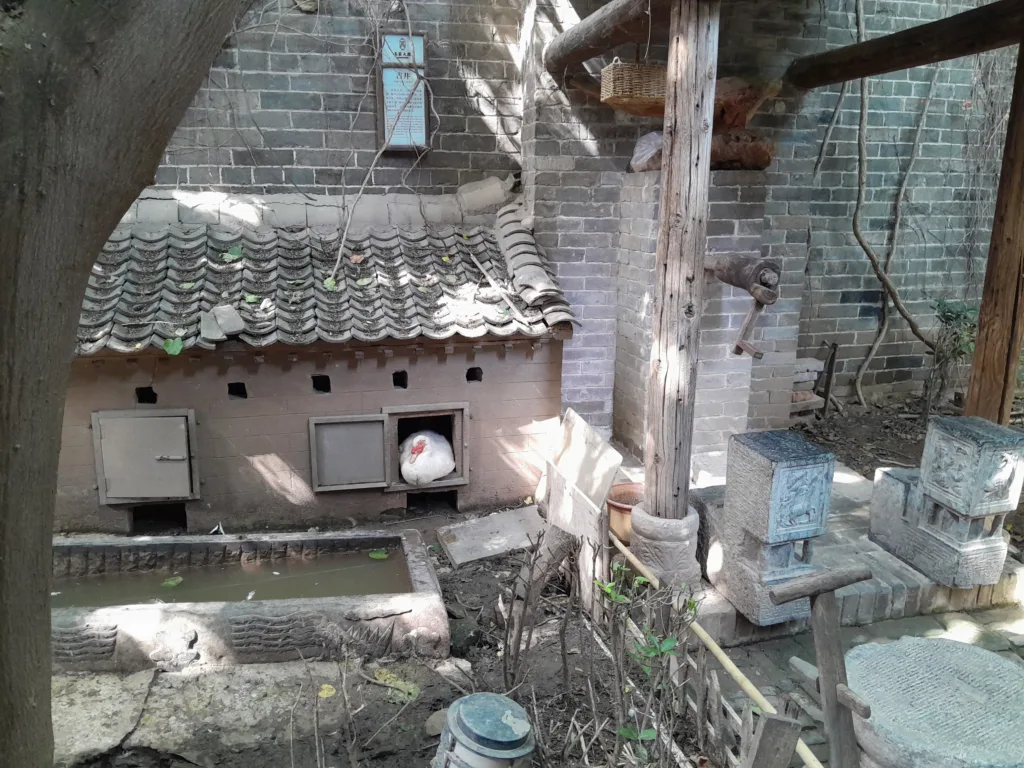
The puppetry is accompanied by some voice acting and a lot of singing. The songs are loud and shrill, as is the style of songs during the Ming Dynasty. They are, of course, accompanied by subtitles – part of the movement to improve and maintain literacy in the country.
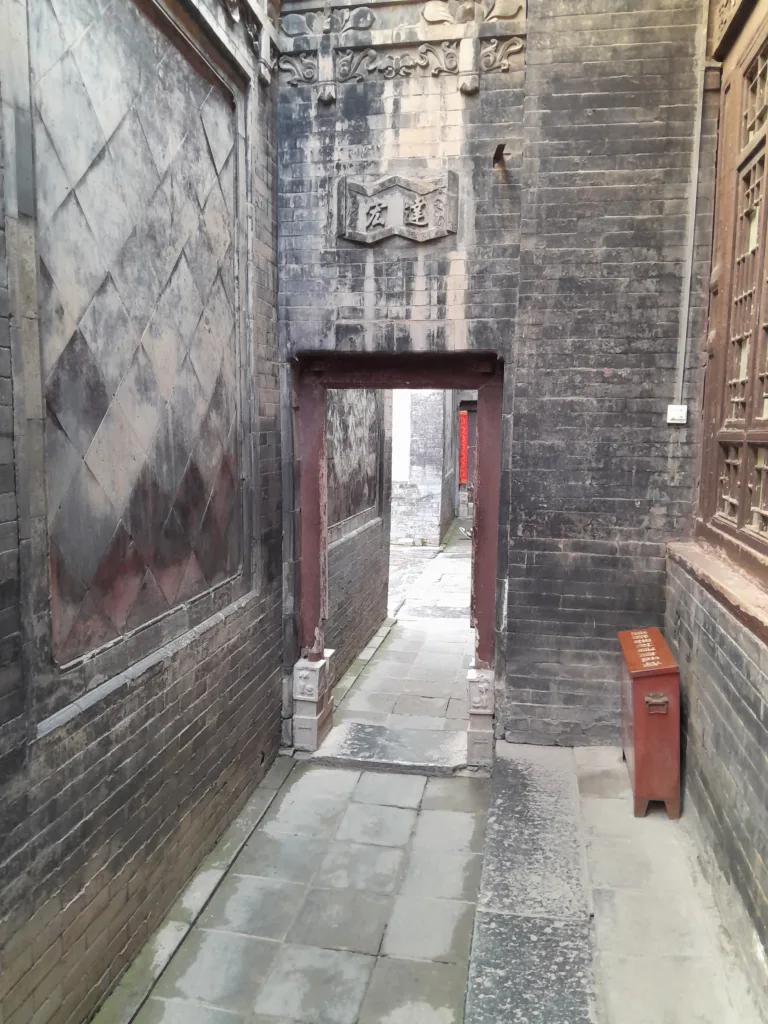
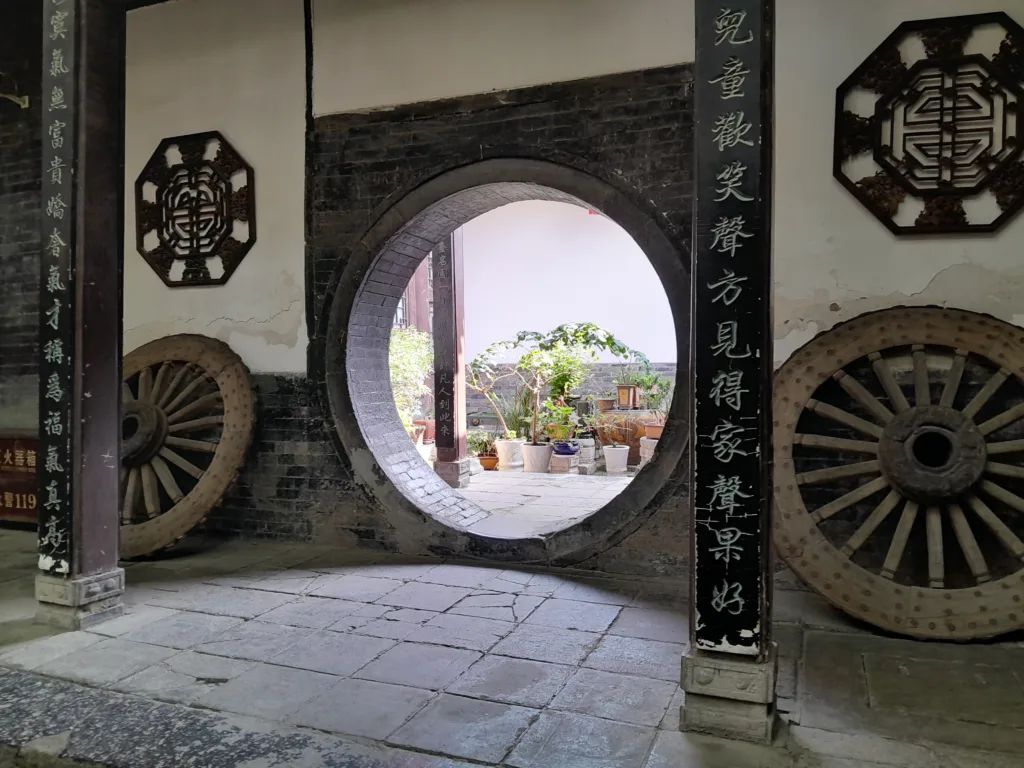
Since my Chinese isn’t great, and it was mixed in with some Xianguo, I didn’t get much of the story. But my wife filled me in afterwards. The plot revolves around a man pretending to be a trader so he can catch a glimpse of his fiancé before they marry. Shenanigans ensue and eventually the woman leaves angrily after discovering his plot.
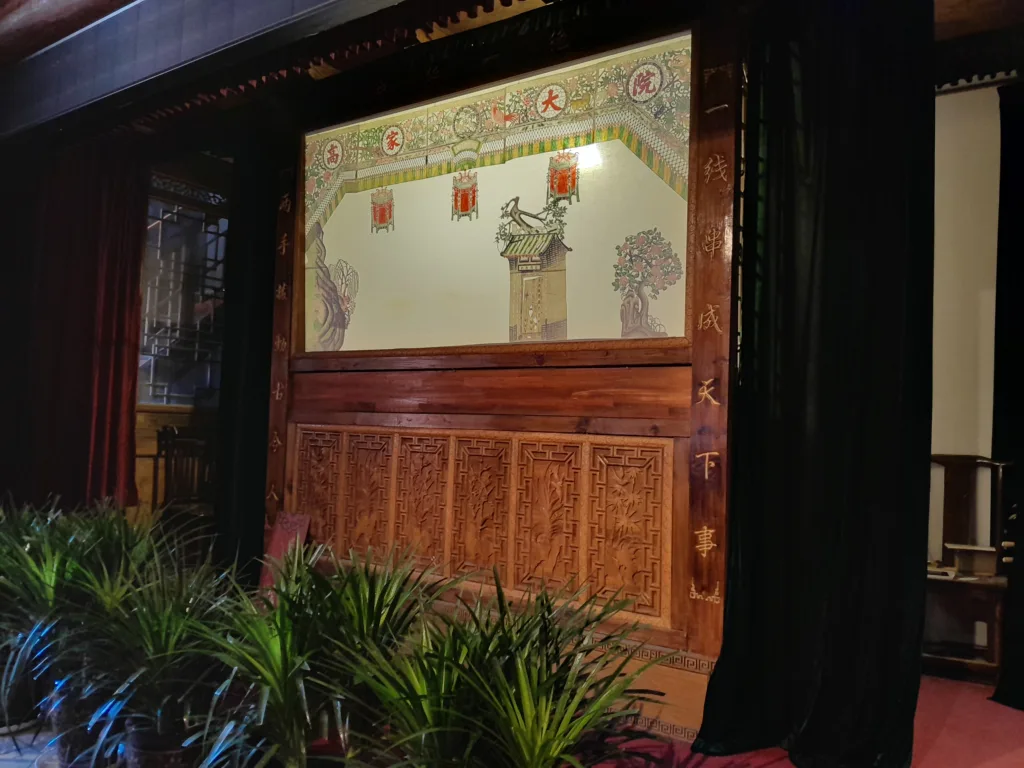
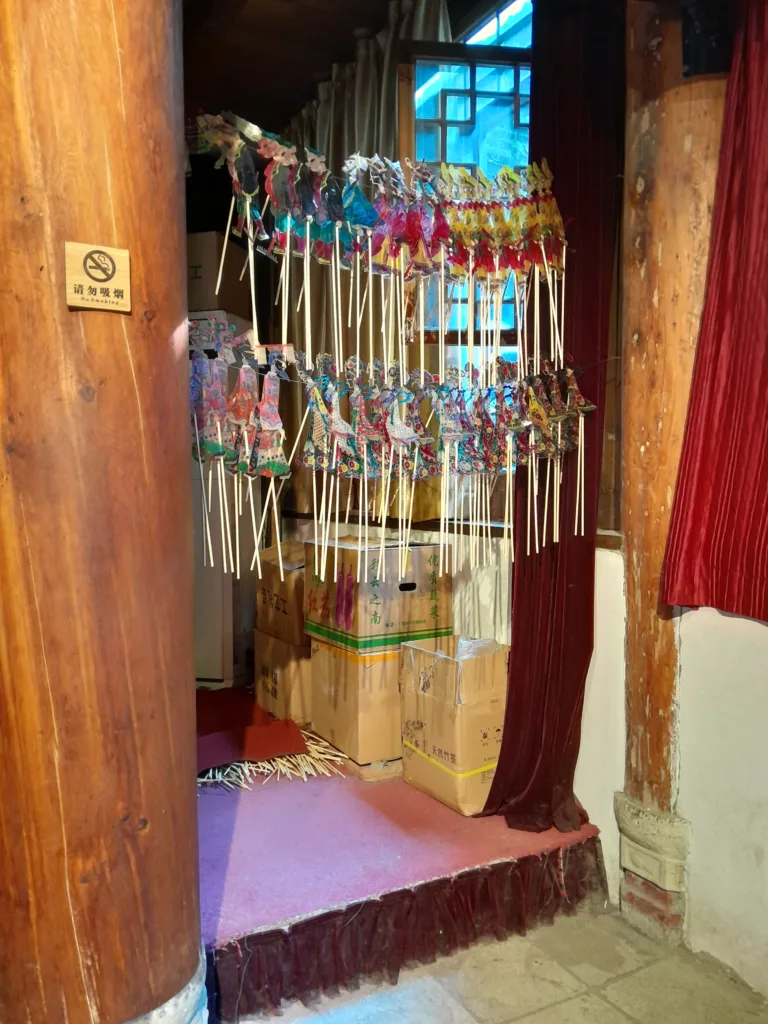
It’s a traditional story, a comedy of the ancient times. And perhaps a warning to those who might try and spoil tradition by attempting to see their lovers before they are loved.




